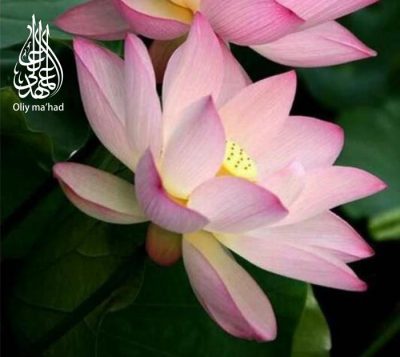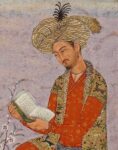Prior to Islam abuses of human rights increased in various ways in many countries of the world. In particular, the attitude towards women was in a very terrible state. They were treated as an object, not as human beings, and their rights were humiliated. In most Arabian families, if a girl was born, they would bury her alive. When a father died, a son inherited his father’s wives like a simple object, and it was not strange if a son married them if he wished.
In India, a woman whose husband died was burned with him, because she did not have the right to live after her husband. In short, women had no rights.
These situations caused the demand for a perfect position and a just social system. Finally, with the advent of Islam, the status of women in society began to gain a distinctive status. Their rights were restored.
The Prophet Muhammad (peace and blessings be upon him) was an example of respect for women as mothers, wives, sisters and daughters. The rules of dole (nafaqa), dowry (mahr), divorce (talaq), khulu’ (asking of a wife talaq from her husband offering some money for it) and iddah were determined. Rules were imposed not only on free women, but also on maidservants who were not considered as humans.
Whose responsibility is to pay dole?
Dole (nafaqa) is supplying a person in care with enough food, clothing, and housing. It is the duty of a husband to supply his wife with these things after marriage. What is if a wife gets divorce (talaq) or a husband dies?
Unfortunately, we see that in most cases, a man divorces with his wife or not, he sends her to her father’s house. In fact, even after the divorce, the wife’s support remains on the duty of her husband for a while. For this, it is important to understand the matter of iddah perfectly.
In our religion, the period of time that a woman should stay after her husband’s death or after a divorce is called “iddah”.
State of iddah of a woman who gets divorce (talaq). If a woman is in the age of menstruating, her state of iddah ends after three menstrual periods. If a divorce occurs at the time of menstruation, it is counted from the next menstruation, but not from this one. If a woman is in the non-menstruating age then she stays in the state of iddah for three months after divorce.
The state of iddah of a woman whose husband dies. Such women stay in the state of iddah for four months and ten days.
The state of iddah of a pregnant woman. If a woman who is divorced or whose husband died is pregnant, her state of iddah ends with the birth of a baby.
It is the duty of a husband to supply with food, clothing, and housing his wife during the above-mentioned states of iddah in spite of the fact that it is raj’i talaq or bain talaq. A woman stays in the state of iddah in her husband’s home. It is not allowed to leave the house if there is no serious reason for this. But there is some difference in the states of women.
That is, it is mustahab for a woman who got raj’i talaq to live in her husband’s house well-attended, fragrant and adorable before her husband. But a woman who got bain talaq has to hide herself from her husband behind the shelter and to cover her awrats (forbidden parts of a body to be seen by a strange man) before him. A woman whose husband died stays in her husband’s house during the state of iddah. But she can go out during the daytime, because she is on her own, and she needs to make a living. But she spends the night at her husband’s house.
Why should a husband supply his wife for a certain period of time though a wife gets her divorce (talaq)? Let’s take a different approach to the matter!
Islam always prioritizes the purity of generation. Therefore, it forbids any form of adultery. It also prohibits a woman to be married with more than one man. Because in both cases it is clear that the breed is broken.
Even in today’s advanced medical examination, Islam offers specific solutions to the matters of insemination in the test tubes and orders to keep the purity of a generation for a hundred percent in these cases too.
The issue is that iddah is the period of time which is fixed to determine whether a woman is pregnant or not. That is, it is the process of determining exactly whom belongs the generation. This means that a husband has to protect his wife in order to keep his generation pure.
Zairova Hafiza,
Tashkent Islamic Institute named after Imam Bukhari,
Teacher of the chair of “Faith and Islamic law subjects”
Translated by S.Valieva






